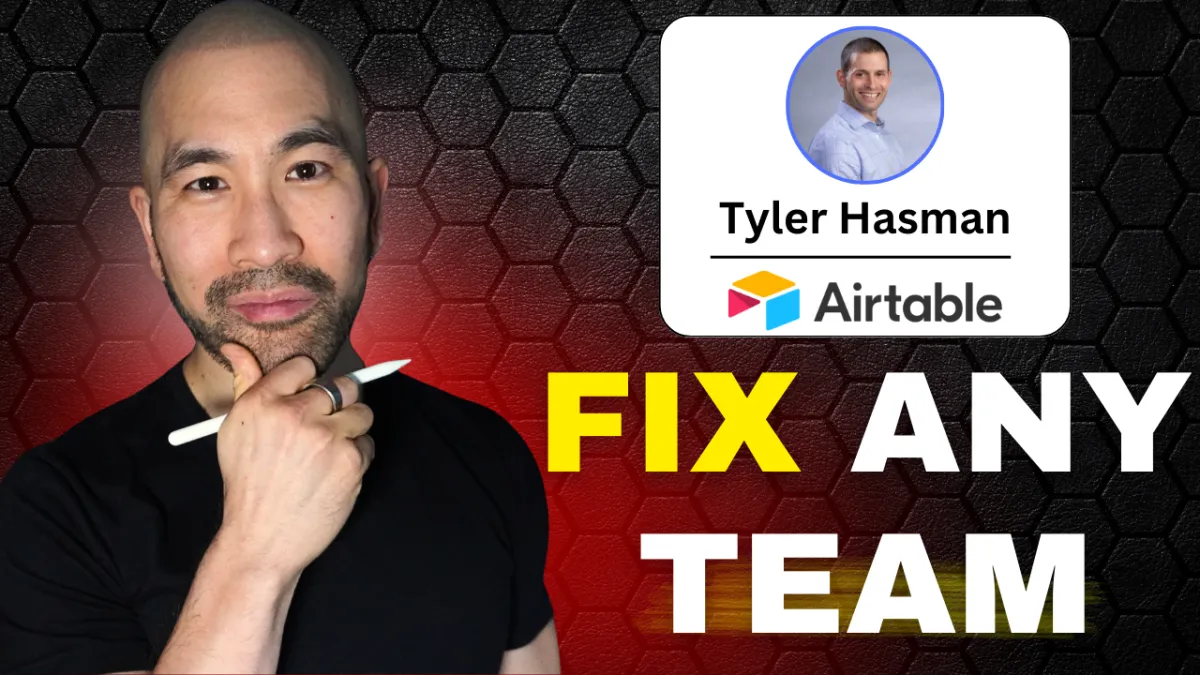
Stop Guessing Why Your Sales Team Sucks. Use This VP's 3P Diagnostic Instead
Most sales VPs spend their time fighting fires instead of building systems. Tyler Hasman, VP of Sales at Airtable, built his success on a different approach.
Three simple tenants. Consistent execution. Repeatable results.
Here's how he does it.
The Foundation: Three Leadership Tenants
Tyler's entire approach centers on three non-negotiables. Coachability, accountability, and transparency.
"No matter what I try and do, no matter how I try and lead, no matter honestly how I am as a husband, as a father, as a friend, I try and have those three things in it,"
Tyler explains.
This isn't corporate speak. It's his tactical framework for every decision.
Coachability means accepting that "you only know what you know and you don't know what you don't." Tyler approaches every situation ready to learn, which creates psychological safety for his team to do the same.
Accountability goes beyond just hitting numbers. "In sales, it's tough. You have to be accountable to yourself, to your customers, to your business partners that don't relate to you."
Transparency is where most leaders fail. "A lot of times we shy away from being transparent early and often. And I think for me and my success that I've had is those are at the core of what I'm trying to do."
The Transparency Advantage
The real power of Tyler's approach shows up in how he handles bad news. While most leaders create cultures where reps hide problems, Tyler built the opposite.
"From the very start, you have to set the tone on what that looks like and how you deliver that news. And it has to be done in a way where though it might be bad news in what the message is, it's not bad news in what's happened or what we're trying to do or how we learn from it."
This creates a powerful flywheel. Reps share problems early. Leaders can actually solve them. Trust builds. Performance improves.
"As long as you are delivering it as a leader in a way where you're even tone, you're not up and down, but you're explaining this is the reality and this is how we get better from it."
The Three P's Diagnostic Framework
When a rep or team is underperforming, Tyler doesn't guess. He diagnoses using what he calls the three P's. People, process, playbook.
"You have to diagnose it first. And when I say diagnose, what I truly mean is pull the covers back and understand the inputs today."
He looks at everything from research quality to call prep to time allocation. "Are you actually doing the right things or is it busy work for smart work?"
The key insight. Most performance problems aren't motivation issues. They're system issues disguised as people problems.
The Most Overlooked Metric
While most VPs obsess over closed deals, Tyler focuses on something earlier in the funnel. New Business Meetings.
"I think this is the number one indicator on how healthy someone's business is," he explains. "Because again, you've already got that level of commitment. So now you're developing pipeline."
By the time a deal reaches NBM, several critical things have happened. The prospect has committed to a process. There's identified pain. You're moving through qualification.
"If your tech's good, which ours is fantastic, you know that's the best part of it, right? Is to bring the tech to life on the pains and everything that you've uncovered."
This early indicator gives Tyler's team months of advance warning on pipeline health instead of waiting for deals to close or stall.
The Ecosystem Approach
Tyler's biggest departure from traditional sales leadership is his focus on the entire ecosystem, not just the sales team.
"When you make changes within a sales org, it's not necessarily the sales org that has to change as much as the ecosystem to actually get to those next goals."
He's seen too many companies try to fix sales in isolation. Change the methodology. Train the reps. Update the process. Then wonder why nothing improves.
"If the ecosystem doesn't understand that and they're not bought into it as well, you only can go so far."
Tyler's solution. Get everyone aligned on the why. "We all play a role and can help on what we're trying to do."
Building Repeatable Sales Plays
The tactical execution comes through what Tyler calls sales plays. Not just what you're selling, but how the entire organization supports the customer journey.
"It's not just about what you're selling. It's about how you support that for the customer. It's your SCs. It's your customer success, your implementation and so forth."
When these plays work, they create true repeatability. "Once you've done it once and it works and you understand it, the whole org can go drive it."
This eliminates the hero rep problem that plagues most sales organizations. Instead of relying on individual performance, you have systematic excellence.
The Consistent Operating Rhythm
Tyler's advice to new VPs taking over underperforming teams comes down to one word. Consistency.
"I think it's that consistent operating rhythm. I just think too often when new leaders come in, they'll do something for a quarter, maybe two quarters, and then they need to change it because people above them or around them are saying you're not delivering soon enough."
His approach. Pick the right systems. Execute consistently. Give them time to work.
"Being consistent on what we're driving and staying true to that, I think is one of the most profound things we can do as sales leaders."
The result. Predictable performance that scales beyond individual talent.


Mail
Facebook
LinkedIn
X
Pinterest
Snapchat
Reddit